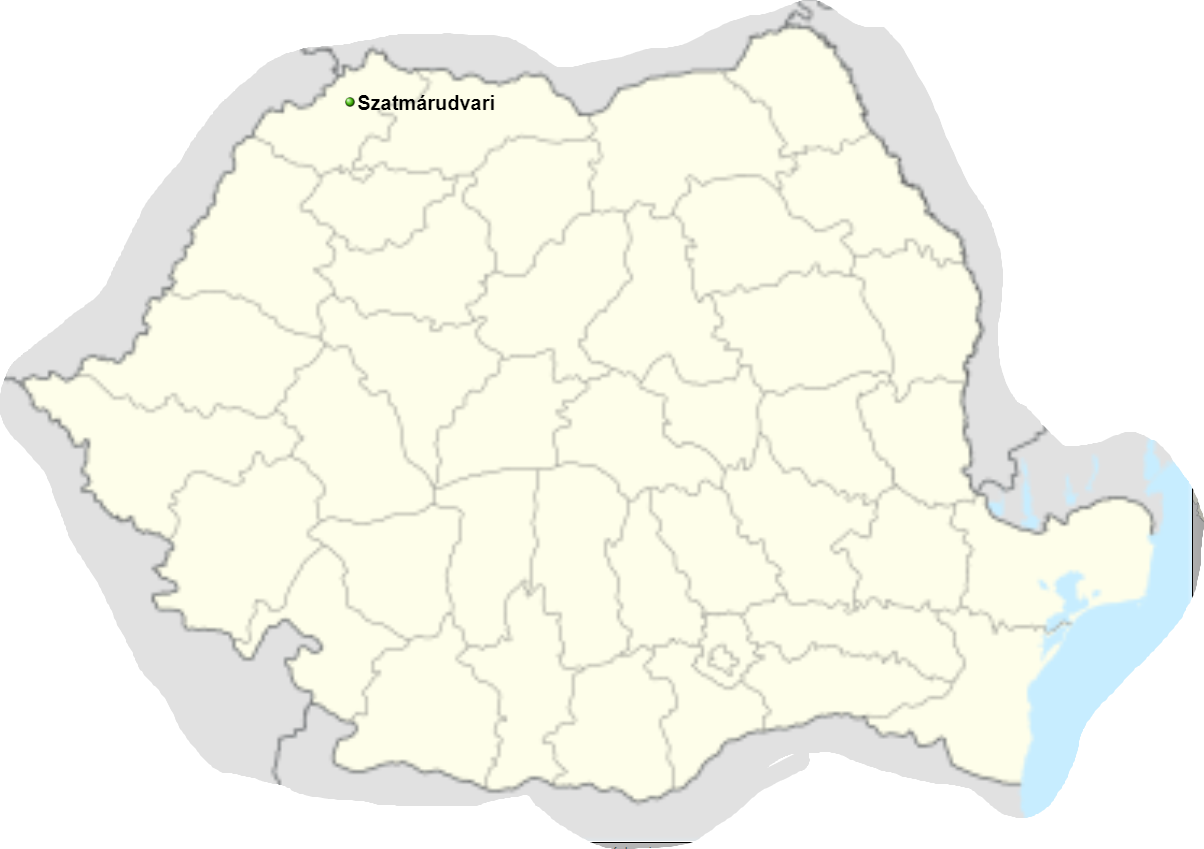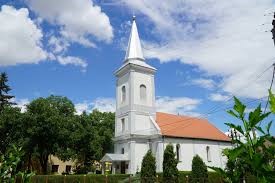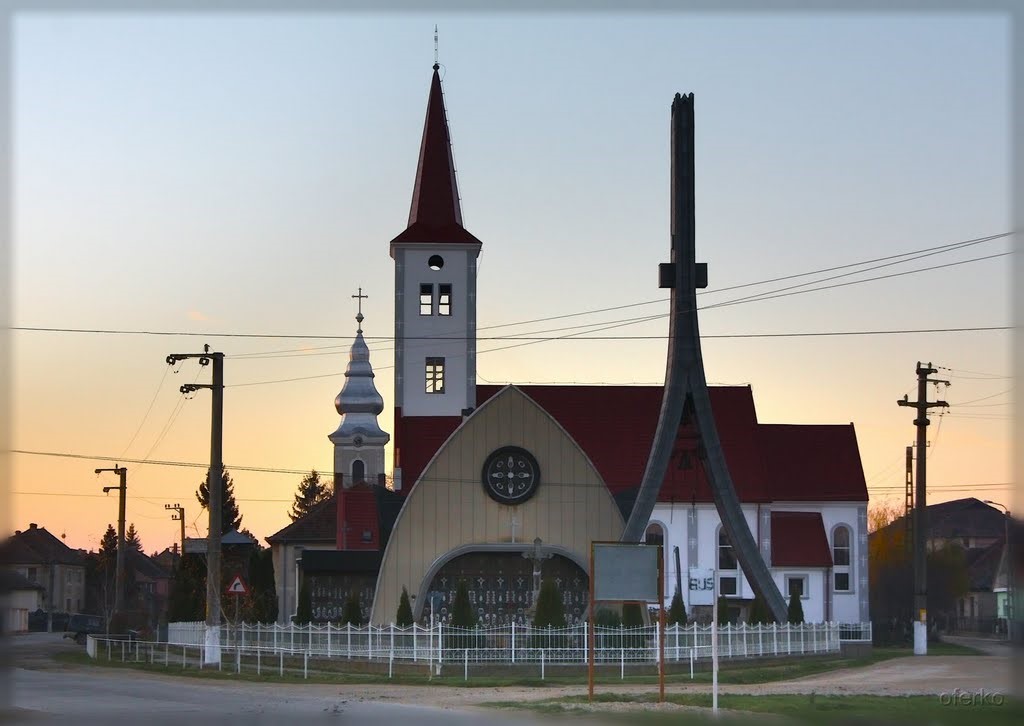Oar is a village in the commune of Vetiș in the county of Satu Mare, Transylvania, Romania. The town is located on the edge of the river Someș. The name of the town of Oar was mentioned in documents for the first time in 1312.
At the end of the 14th century, it belonged to the Csaholiya and Drágfia families, but besidesthem, it was later owned by several families: among which: Darahy, Gacshályi and Csatóházi Csatos.
In 1483, the Danish bishop of Csánád Szokoly and his brothers received the entire township of Oar together with the river Somes as a royal gift from Mathias Corvin. In the 16th century, Oar belonged to the Báthorias family and remained theirs until the family died. In 1609, László Vetési was the owner of the settlement. In the mid-1500s and early 1600s, Oar must have been an important place, as it was the scene of several important events: in the 16th century, the reformed synod took place here, which consisted in the transition of the Lutheran reformers from the Lutheran religion to the Calvinist one. It also suffered a lot from the floods of the Someș River, the settlement was destroyed by the flood and therefore was rebuilt in a new place. It also had several owners in the 18th century: the Szilágyi, Mátay, Pogány, Peley and Rápholty, Nagy families acquired property here, but the Jesuits also had some property here.
Until the middle of the 19th century, the Peley, Kerekes, Mátay and Szilágyi families were the owners. At the beginning of the 20th century, Béla Szilágyi and László and Iván Komoróczy were major owners here. In the 20th century, the town also had a thermal bath




